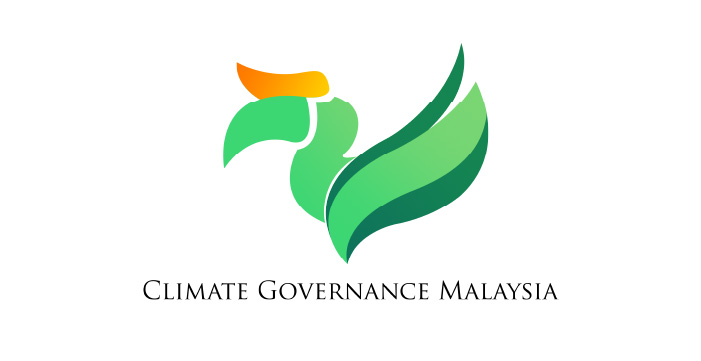Date: 25 March 2021

Host:
Climate Governance Malaysia
Panellists:
- Michael Parker – Global Head of Shipping, Citibank
- Morten Bo Christiansen – Head of Decarbonisation, AP Moller-Maersk
- Datuk Ruben Gnanalingam bin Abdullah – Group Managing Director, Westport
- Marc Nuytemans – CEO, Blauwe Cluster
Moderator:
Tarek Helmi – Partner, Deloitte
The shipping industry is historically fragmented, in-ward looking, weak on self-regulation and slow with long leader assets. According to the panellists speaking at the CGI’s Global Summit Decarbonising Shipping session, it’s also incapable of self-regulation – meaning that accountability must come from elsewhere. Non-executive directors and their ability to ask the right questions in the boardroom, along with their intrinsic and technical knowledge could eventually lead the industry to clean up its act.
“While you want to choose the right thing to do, it’s much harder to choose the right thing when you don’t know what the right thing is,” said Datuk Ruben Gnanalingam bin Abdullah, group managing director at Westport. Companies may not individually have the answers, but the International Maritime Organisation (IMO) is a UN body that can urge the shipping industry to raise its ambition from 50% decarbonisation to a net-zero goal by 2050, in tandem with other companies globally.
Decarbonisation requires a portfolio of solutions, the panel argued. Market-based mechanisms and carbon pricing can persuade ports to play their parts. Collaboration with the energy sector is another key element as it offers incentives for global re-industrialisation in terms of business and environmental responsibility.
As for fuels, green methanol has emerged as suitable to handle at sea at a fairly reasonable cost with technological developments en route. The first green methanol vessel is to set sail in 2023. Meanwhile, ammonia gas – while toxic – is another solution in the pipeline that would run on fuel cells. Real change depends on the supply chain of the fuels. The efficient production and supply of the fuels on a large scale will accelerate the adoption of green practices in the industry, the experts agreed.
The green premium for such a transition would be added to all parts of the supply chain, and as the industry drives itself to decarbonize, that premium will have to be borne by the consumers who would have to pay it through their purchases, or via governmental tax. Ultimately, the driver for decarbonisation for the shipping industry (and many others) will come from societal change. At the same time, the IMO must establish global regulations for emission trading systems, a common language and a common set of standards for carbon emissions for the investors, regulators and ultimately the consumers.